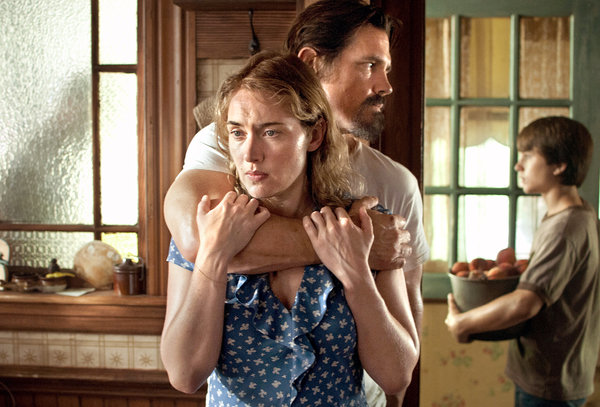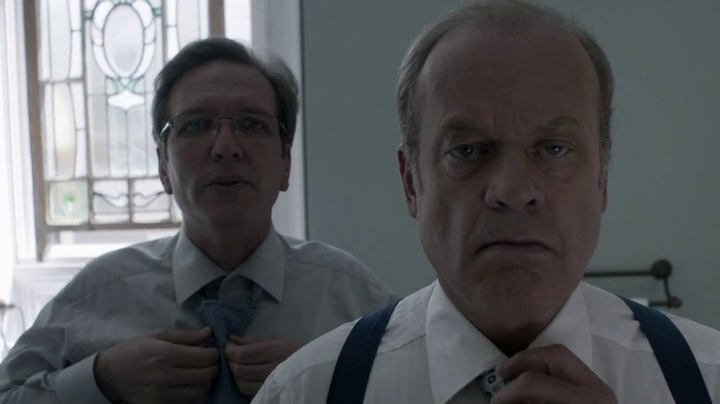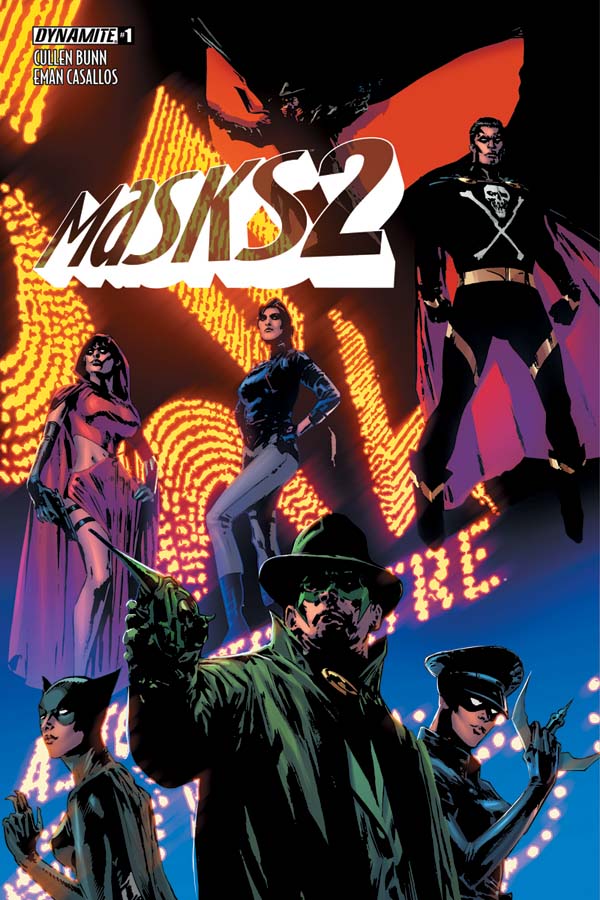Written and directed by Jason Reitman
USA, 2013
It’s all too fitting that, at one point midway through Labor Day, two of the lead characters are sitting in front of a TV, watching a network broadcast of Steven Spielberg’s sci-fi classic Close Encounters of the Third Kind. This film’s writer-director, Jason Reitman, no doubt has been inspired throughout his career by Spielberg, as so many younger directors have been. But more importantly, the alien behavior that so inflames the imagination of the characters populating Close Encounters is analogous to the completely outlandish and illogical behavior exhibited throughout Labor Day, a mawkish and painfully sincere melodrama that’s mere inches away from being an outright parody of the Nicholas Sparks subgenre of recent years.
Kate Winslet plays Adele, a now-single mother after her husband (Clark Gregg) left her in the midst of a personal and physical crisis surrounding her inability to conceive any child aside from her 12-year old son Henry (Gattlin Griffith). Henry (narrating the film as an adult, through the slightly immature-sounding tones of Tobey Maguire) is aware that Adele is depressed, if not partially agoraphobic, and is trying his best to fill the void that his father left behind. On the Thursday before Labor Day weekend in their small New Hampshire town, though, things change for Adele and Henry when they run into a mysterious man named Frank (Josh Brolin), who’s bleeding from the gut and politely demands they take him to their house. Frank, it is soon revealed, is an escaped criminal, convicted of murder, but such trifling matters don’t stop Adele from becoming fiercely attracted to this man, and from Henry adopting him as a father figure.
Reitman’s script, based on the novel by Joyce Maynard, is so vague in defining how Adele and Henry react to Frank’s presence—within two days, he’s fixing up their house and teaching Henry how to play baseball, all in spite of the fact that, as far as they know, he is a stone-cold killer—that Labor Day becomes a massively frustrating experience. Is Henry this desperately in need of a surrogate father that he’ll latch onto any stranger willing to give him the time of day? Is he ever resentful of this new figure’s presence? Is Adele succumbing to a form of Stockholm Syndrome, becoming attracted to her captor? (If, that is, Frank can be considered a captor when he exists to be the new handyman around the house, as well as an expert baker of peach pies.) Frank’s actions, at least, can be framed as somewhat believable. Early on, he alludes to the possibility that, although he’s a convicted murderer, he’s not really a bad guy. And a series of fragmented and mostly wordless flashbacks to the crime that got him sent to prison eventually help inform this allusion, but even then, you have to be awfully charitable to Frank to accept his half-hearted plea of innocence. If he is a good guy who’s just looking for a place to stay with some friendly company, then why not do some chores around the house? Of course, it would probably be unwise of Frank to perform such chores outdoors, where the nosy neighbors (Brooke Smith and JK Simmons, among others) can spot him.
But no matter. Whatever this film’s internal logic is, it doesn’t have time for the little details, story-wise. One element Reitman does get right, though, are the little physical details; the bulk of Labor Day is set in 1987, and though there are a few period-piece trappings that seem to exist solely to make sure the audience is aware this film is set in the past, many of the minor touches help create a plausible-looking world, as when a cop car drives past Adele’s house, a DARE bumper sticker adorning one side of the vehicle. And although the Frank-centric flashback ends up being one more piece of miserablist pablum in a film chock full of it, taken on its own, the choice to present the scene in spare and jagged fashion pays off. In terms of the performances, it’s difficult to fault Winslet, Brolin, or Griffiths, though the latter tends to have a deer-in-the-headlights air about him, even during the pointless subplot where Henry handles his first serious crush on a new girl in town. Here, as in the rest of the film, Reitman the director is let down by Reitman the writer. Kate Winslet and Josh Brolin are fine performers, but they can only do so much to alleviate the inherent problems in such a blissfully implausible story.
Maybe if Labor Day wasn’t so earnest, so sincere, in its depiction of a young boy’s coming of age and his mother being revived to life by a tall, dark, and handsome new man, it might work. If the film was as aware of how disturbing its characters’ actions were—and the monotonous, throbbing score by Rolfe Kent seems to show some inkling of such—it might be more successful. Jason Reitman’s previous films are marked by a level of glibness, from Thank You For Smoking to Young Adult. Labor Day is a radical departure from form, and while Reitman should be commended for trying something different, this specific project and its misguided sincerity cries out for a hipper-than-thou, or at least a more self-aware, take.
— Josh Spiegel







